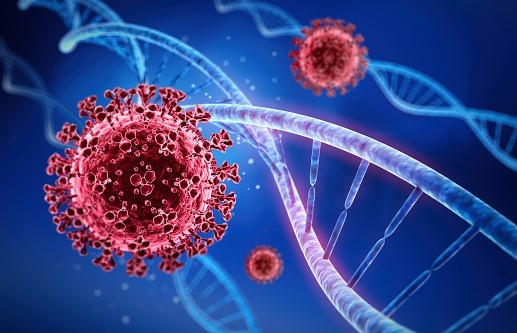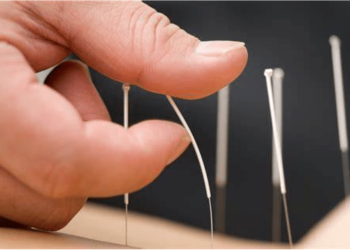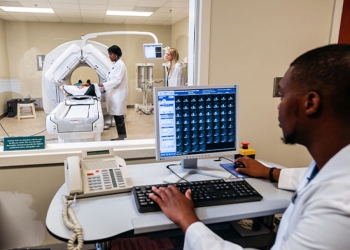Even though the past variants of the COVID-19 are notorious for inducing breathing problems in patients, the newly-mutated Omicron variant doesn’t necessarily follow the same path as its counterparts, as per an AIIMS doctor. You might be wondering how COVID-19 causes breathing problems in people. COVID-19 affects the lungs of the infected person. Within the lungs, it, more specifically, damages the alveoli and their thin walls and capillaries. The tissue on the alveoli walls is then damaged which gets accumulated on the surface, thickening the lining of the damaged tissue. This narrows down the path used to transfer the red blood cells to different parts of the body, causing breathing issues.
You might also be interested to know that Delhi doctor gives insight into health of Omicron patients, oxygen and ICU need
However, Omicron might not have the same effect. Even though it is the fastest-spreading COVID variant to date, it has yet been shown to have a milder effect on people compared to its earlier counterparts. One of the reasons that the earlier variants of COVID inflicted so much damage to the lungs was because they multiplied there. However, Omicron multiplies in the lungs. As a result, it has minimal effect on the lungs. Moreover, since it is multiplying in the throat region, Omicron-affected people are suffering from throat issues. So, if you are having a pan in the throat, it might be an indication that you have contracted Omicron. Other symptoms in the early stages include body aches and weakness. However, it doesn’t cause breathlessness, fever, or loss of taste and smell. To further know the effect it has on the body, researchers have been working on studying it deeply.























